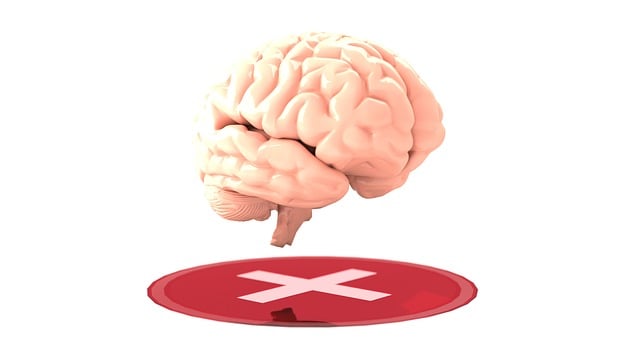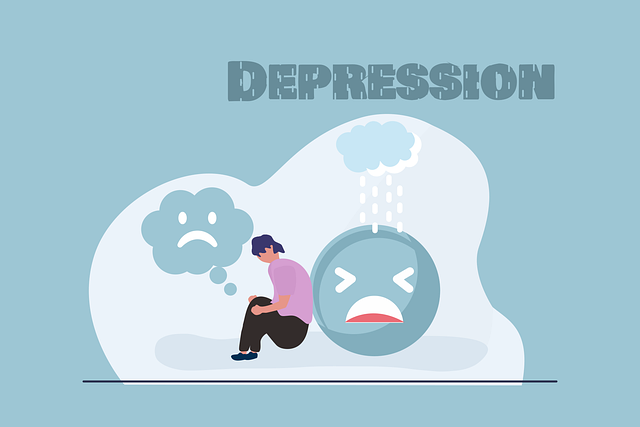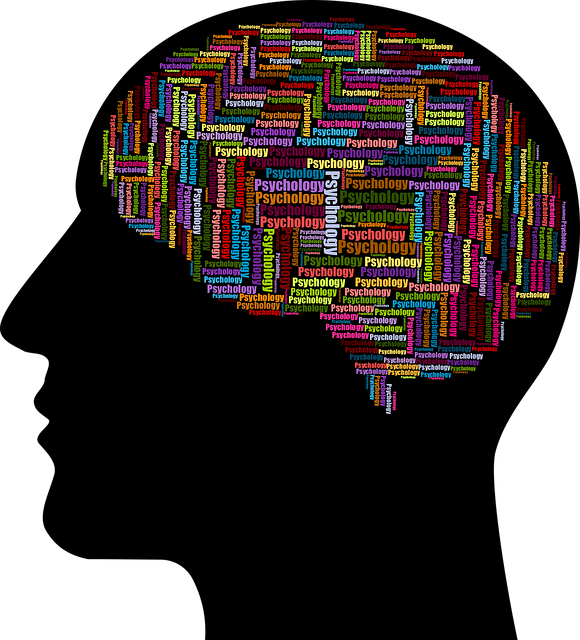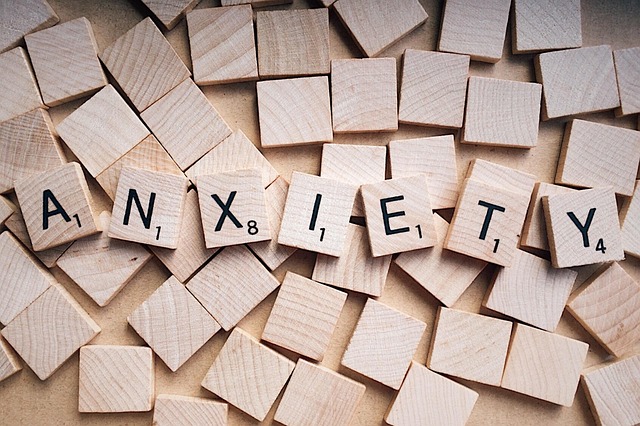Crisis Intervention Teams (CITs), supported by partners like Aurora Veterans Therapy, are crucial for communities addressing mental health emergencies. These teams, composed of trained professionals from various sectors, offer immediate assistance and prevent crisis escalations. Aurora Veterans Therapy provides specialized CIT training, combining evidence-based techniques with trauma-informed care. Their dynamic workshops teach de-escalation, communication, and self-care strategies, empowering individuals to manage high-pressure situations effectively. Through these programs, communities build resilience, fostering a culture of support where members recognize distress signs and connect those in need with appropriate resources.
In today’s complex social landscape, effective crisis intervention is more critical than ever. This article explores the essential role of Crisis Intervention Teams (CITs) in supporting communities facing mental health and trauma-related crises. We delve into the significance of specialized training programs, highlighting the contributions of organizations like Aurora Veterans Therapy, which play a vital role in preparing and empowering these teams. By examining key components and benefits, we underscore the impact of such initiatives on building resilient communities.
- Understanding Crisis Intervention Teams: A Vital Resource for Community Support
- The Role of Aurora Veterans Therapy in Training and Preparedness
- Key Components of Effective Crisis Intervention Team Training Programs
- Benefits and Impact: How These Programs Enhance Community Resilience
Understanding Crisis Intervention Teams: A Vital Resource for Community Support

Crisis Intervention Teams (CITs) are a vital resource for communities looking to enhance their support systems, especially when it comes to mental health emergencies. These teams, often composed of trained professionals from various sectors, including Aurora Veterans Therapy and local community organizations, are designed to provide immediate and effective assistance during times of crisis. By promoting early intervention, CITs aim to prevent escalations that could lead to more severe outcomes.
The development of these teams is a crucial step in raising public awareness campaigns about mental health issues. Through tailored training programs, such as those offered by Aurora Veterans Therapy, professionals learn to recognize signs of distress and offer appropriate support. This includes fostering positive thinking and implementing effective risk management planning, which are essential components of crisis intervention. Ultimately, CITs play a pivotal role in nurturing resilient communities capable of responding to mental health crises with compassion and proficiency.
The Role of Aurora Veterans Therapy in Training and Preparedness

Aurora Veterans Therapy plays a pivotal role in crisis intervention team training programs by offering specialized expertise and resources tailored to address the unique challenges faced by first responders and community members. Their comprehensive approach integrates evidence-based techniques with a deep understanding of trauma, fostering effective crisis management. Through dynamic workshops and simulations, participants learn practical strategies for de-escalation, communication, and emotional support.
The program emphasizes the importance of self-care practices and mental wellness as cornerstones of resilience building. By equipping individuals with the skills to navigate high-pressure situations, Aurora Veterans Therapy empowers them to not only respond effectively but also maintain their own mental health and well-being in the face of adversity.
Key Components of Effective Crisis Intervention Team Training Programs

Effective crisis intervention team training programs are multifaceted and rigorous, aiming to prepare individuals for real-world high-stress situations. At Aurora Veterans Therapy, we focus on integrating key components that empower teams to swiftly and safely navigate crises. These include comprehensive scenario simulations, where trainees experience diverse crisis scenarios firsthand, fostering a deep understanding of emotional responses and effective de-escalation strategies.
Moreover, our programs emphasize the importance of self-awareness exercises and communication skills training, enabling team members to recognize their own emotional states and those of others. We also delve into self-esteem improvement techniques and depression prevention strategies, equipping individuals with tools to manage personal distress while supporting others during crises. Through a blend of theoretical knowledge and hands-on practice, Aurora Veterans Therapy ensures that crisis intervention teams are not just prepared but confident in their abilities to make a tangible difference.
Benefits and Impact: How These Programs Enhance Community Resilience

Crisis intervention team training programs play a pivotal role in enhancing community resilience by equipping individuals with the skills to respond effectively during mental health crises. These initiatives, such as those offered by Aurora Veterans Therapy, foster a culture of support and understanding. By providing Healthcare Provider Cultural Competency Training, Mental Health Policy Analysis and Advocacy, and Self-Care Routine Development for Better Mental Health, participants gain valuable insights into managing and de-escalating high-pressure situations.
The impact of these programs extends far beyond individual interventions. They contribute to a network of support where community members learn to recognize signs of distress, offer help, and connect individuals in need with appropriate resources. This collective effort not only improves outcomes for those facing mental health challenges but also strengthens the social fabric, promoting overall well-being and resilience within communities.
Crisis intervention team (CIT) training programs, such as those offered by Aurora Veterans Therapy, play a pivotal role in equipping communities with essential tools for managing and preventing crises. By focusing on key components like crisis assessment, de-escalation techniques, and cultural competency, these programs foster enhanced resilience and support systems. The benefits are clear: better prepared citizens, reduced response times, and improved outcomes for those facing mental health emergencies. In today’s world, where the need for such support is ever-growing, CIT training is a game-changer, ensuring communities can navigate crises effectively and empathetically.














